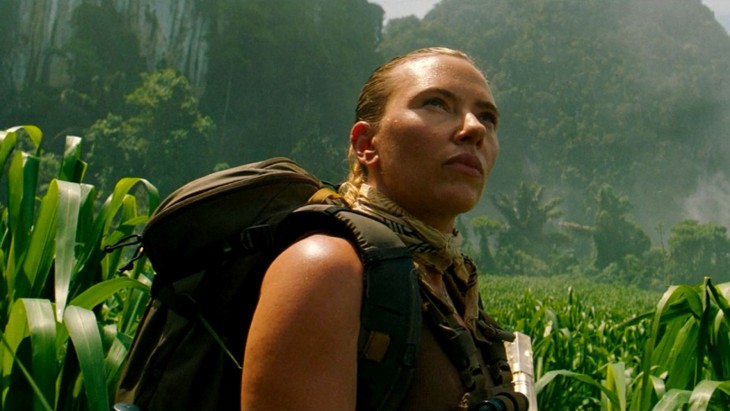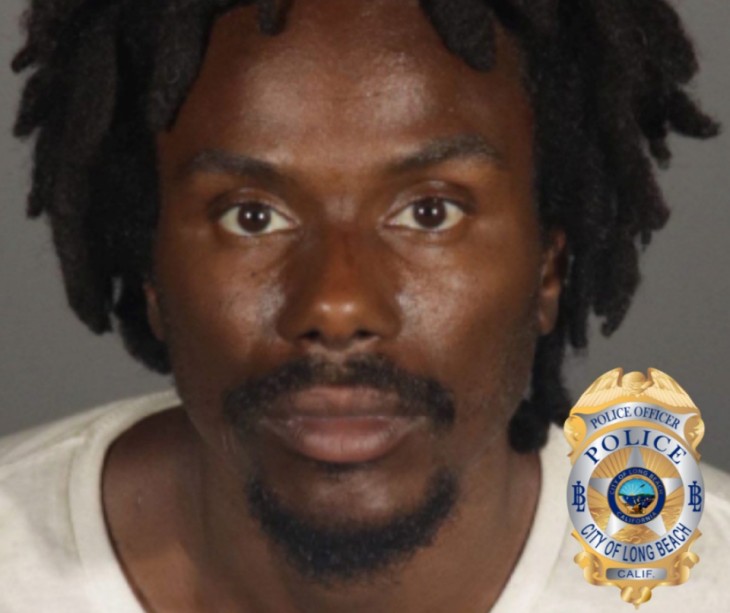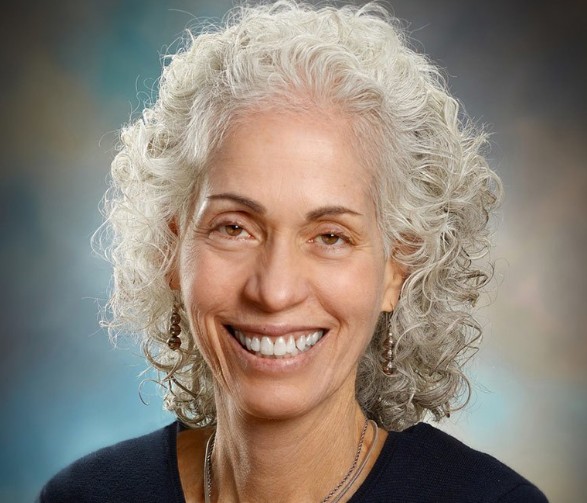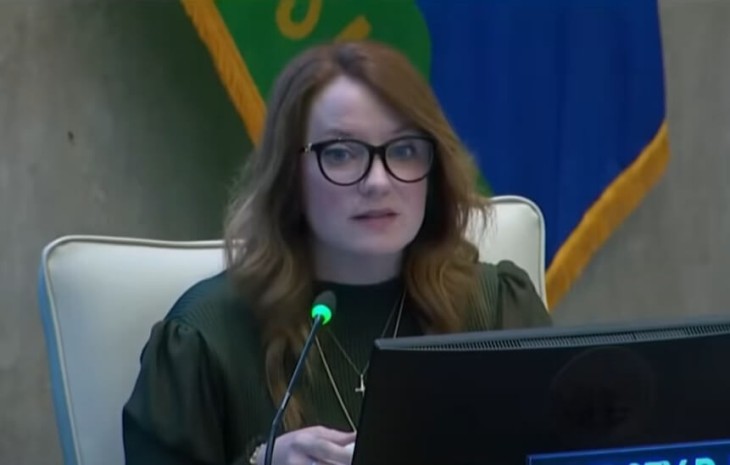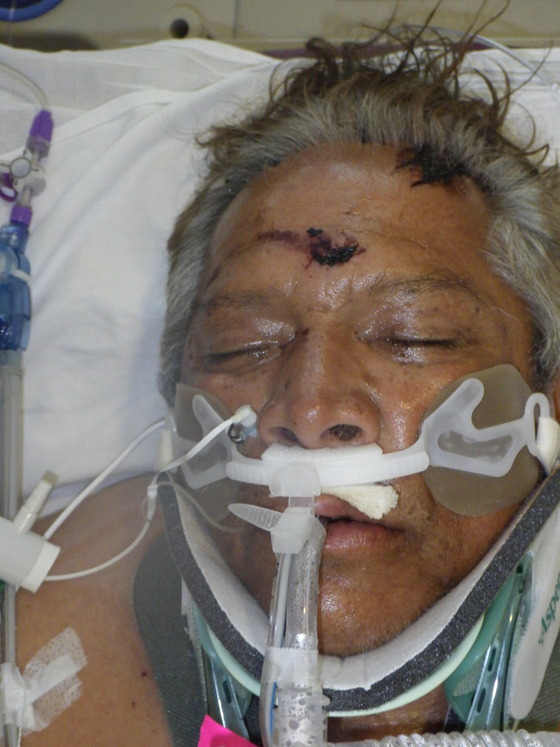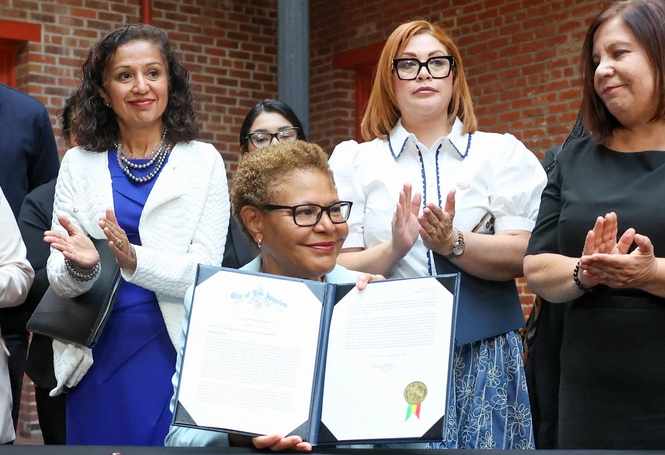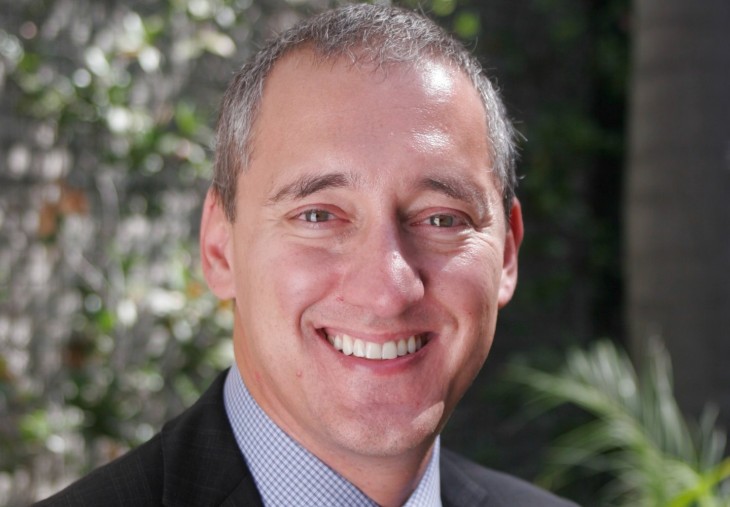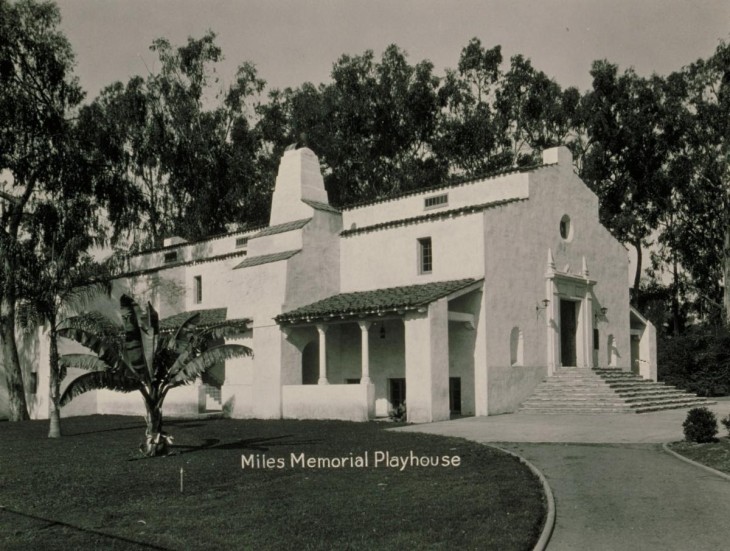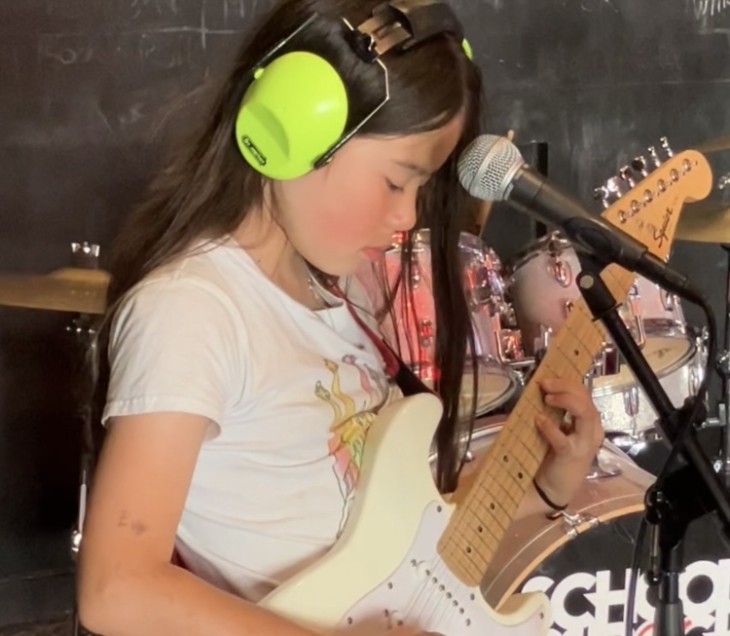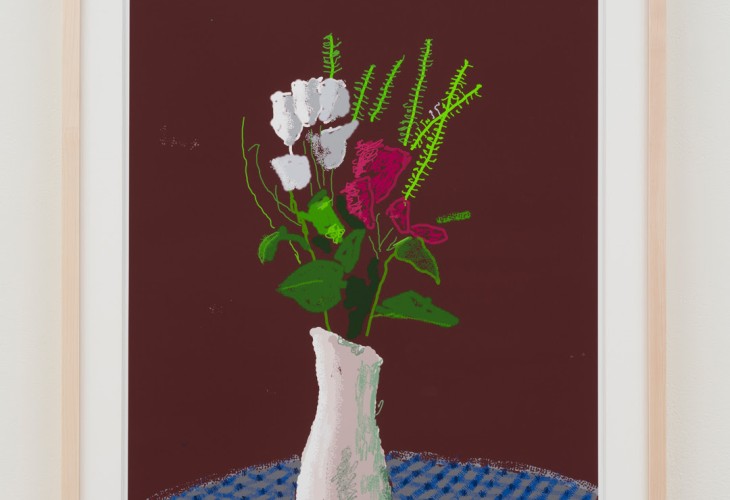London 2012 Olympic Opening Ceremony, “Slumdog Millionaire,” “127 Hours,” “28 Days Later,” “The Beach,” and the iconic “Trainspotting” that catapulted a very young Ewan McGregor to fame. This is Academy Award-winning director Danny Boyle, auteur extraordinaire.
Boyle’s latest film, “Trance,” is an action-packed mystery crime thriller with fascinating twists and turns that begin with the heist of a valuable Goya painting that goes awry. Starring super bad-guy Vincent Cassel, James McAvoy, and Rosario Dawson, who plays a hypnotist, the film explores the subject of hypnosis as a tool to retrieve locked up memories and the surprising and shocking results that ensue.
A most delightful, cheerful Boyle recently sat with a select group of journalists to discuss “Trance” and the following has been edited for content and continuity for print purposes.
How was St. Patrick’s Day?
Boyle: I come from an Irish family so that day is very special. I once had a great St. Patrick’s Day in New York of which I remember nothing which is always a good sign (laughter). I know I was in New York. I know it was St. Patrick’s Day and then it wasn’t St. Patrick’s Day and that’s all I remember (laughter).
You do know the tradition in New York is if you don’t wear green you get pinched.
Boyle: No. I didn’t know that (laughter).
You didn’t get to edit “Trance” until after the Summer 2012 Olympics. Was that favorable for a film as complicated as this one?
Boyle: We didn’t anticipate that at that time and I was concerned. We were very lucky to be able to do that. Not that many filmmakers get a chance to put a film on ice – and it’s usually when actors have to change shape like Tom Hanks in “Cast Away,” or De Niro in “Raging Bull.” I thought I would never be able to forget it (“Trance”), but I did forget, which is a curious thing given the idea of the film. But other things fill in the brain. After the Olympics finished, we watched a rough cut before we started editing. It was weird. I couldn’t remember what was coming next. As a director you know too much all the time so it was very useful to have a refresher course in the impact of the story.
Because of the complexity of the narrative, do you think people should see the film more than once?
Boyle: Well that’s one of the things about doing a film like this and I’ve never done it on any other film. It has to make sense the second time people watch it. Not that they’re going to definitely watch it a second time, but you can tell that there is clearly a clue there that if I watch it a second time, it might make more sense.
What changed in the final edit?
Boyle: The first time we did it we were very protective of the secrets so we gave no clues at all, but you have to relax and let people in with a little clue here and a little clue there. So, we put in little clues that weren’t in the script to let people feel satisfied the second time.
How would you define hypnosis?
Boyle: Hypnosis is about the reassurance of the human voice finding out things about you and welcoming you, relaxing you, and taking you somewhere else. You don’t sense it so much in the film because we illustrate the trances. For example, there is a scene in the film where Rosario talks McAvoy’s Simon through a trance. We see him in the French countryside. “You come to a church and in the church there’s a Rembrandt painting and there’s this girl…”
Do you have any personal experience with hypnosis or were you making discoveries as you filmed?
Boyle: We were finding out as we went along. Any film director has a relationship with hypnosis because if you’ve made a decent film, that’s what you’ve done. You’ve hypnotized the audience. You know that feeling where you get lost in a movie and the real world goes out the window and you’re believing and crying. It’s ludicrous, but that’s hypnosis. You believe that you’re somewhere else doing something else. I didn’t have any personal medical experience with hypnosis. You know, directors are control freaks and you don’t really relax enough to be able to go under because you always have to control everything. That’s the nature of the job.
Any unexpected revelations?
Boyle: I really enjoyed researching hypnosis and we did find out some interesting stuff about it. We found out that for a while hypnosis was growing as an acceptable, admissible medical tool. You could use it in court cases but then it got discredited because it was proved that people were claiming child abuse but these memories were implanted in the children and it got discredited. That was in the 70s, I think, and since then they’ve been trying to rebuild its reputation. The idea is that when you are hypnotized, you are not really asleep – you’ll always be awake and aware of where you are and you’ll never do anything you don’t want to do. That’s true for about 85 percent of the population. The rest of the population, as he says in the film, and it’s absolutely true, can be taken somewhere. So what happens to James (Simon) in the film, although its ethically completely unacceptable, is medically possible. They don’t really want to own up to that because it does reveal its power and there is clearly a danger in that.
What about these shows where they pick members of the audience to hypnotize?
Boyle: They don’t pick out actors who are faking it, which is what I always used to think. They have a series of exercises early on in the show and they pick out the people who are responding. They get them up on stage and when they put them in a trance, it’s genuine. There are restrictions in what they’re allowed to do, of course, because you can abuse it. There are no sexual acts or nudity.
What did John Hodge bring subsequent to the first draft of the script by Joe Ahearne?
Boyle: When we did “Trainspotting,” John was a practicing doctor. He was an emergency room doctor and they see unbelievable drama. They see us at our most vulnerable – when we’re hurt, when we’re damaged, or when we’re with someone who is hurt. I think that’s why doctors make such good writers because they have a kind of distance on human drama and John brought a lot of that knowledge to the script. For instance, there’s a strange MRI scene where Simon is in the scanner, and Elizabeth (Dawson) talks to him about his memories showing us what we are about. We string together a series of memories and that’s our identity and when you lose it, like sadly with Alzheimer’s, everybody says the person just disappears – the physical embodiment is still there, but they’re gone – they’re no longer there. So, he brought that to it, as well as the love of the thriller genre, playing with people, the game.
How long did you work on the revisions?
Boyle: We worked on it for a couple of years. We were going to make the film in Manhattan with an English actress. We always thought that she should be from somewhere else and should have nobody to fall back on. Then, we got the Olympic Games and thought we should make it in London. Actually, the cities don’t matter really. It just needs to be a city where a crime could happen – where a bubble can exist where people get sealed inside. So we decided to make it in London and then we came here to look for the actress. I don’t think you guys get this, but for us in Britain it’s fantastic because you get a whole Californian thing going on with the therapy. In Britain, we think that all Californians talk and that all sorts of problems can be talked about. It’s great. Everybody’s got a therapist. I know that doesn’t apply here, but that’s an extra bonus you get, which is very funny (laughter).
How in today’s digital age do you convince people to see this movie without giving too much away?
Boyle: It’s impossible, isn’t it? I mean you’ve got to sell the movie otherwise in the marketplace, the movie will just disappear because nobody knows about it, bla, bla, bla, so as soon as people hear about it, they want to know a bit about it which is a natural inclination. My only hope, and I’ve genuinely believed it for a long time, is that I think there is an amnesiac effect in cinema. I think when I go in, even though I know what’s going to happen from the spoilers, once it’s running, I do forget it. It’s like you know Tom Cruise isn’t going to die (laughter). Maybe it’s linked to hypnosis and the hypnotic effect of cinema, so I hope that applies because if you take the publicity materials out there seriously, you won’t have that innocence walking in.
How is this film different from your other films?
Boyle: Obviously you do promotions for your films and when I look back at the movies I’ve made, I’ve made some insane movies every single time. There’s a guy and he faces insurmountable odds and he somehow manages to get over the insurmountable odds. The difference with this movie is that it’s not a guy because if you tell the story in chronological order, you see she’s (Dawson character) the one facing insurmountable odds. Her life is potentially ruined. Her only option is to run away, which she refuses to do. This violent man walks back into her life and not only that, you’ve got four other bad guys, and she decides to face it and actually overcomes it. So, it basically is the same movie but how you get to it will fool people into thinking it isn’t the same movie.
This seems to be your first film that doesn’t have a somewhat spiritual component to it. Is that because you wanted a new challenge?
Boyle: We came off a run where we made “Slumdog Millionaire” and “127 Hours” which are redemptive movies and the Olympic Games which are a celebration of that spirit. It’s a family thing and a pride thing. I suppose in this movie what we we’re doing is making what we called the evil twin sister which is kind of delicious and deranged and a bit of messing with you and it’s kind of a relaxation of that part of our brain. The last couple of films have been about memories.
What is the biggest difference between television and film?
Boyle: In television you can get a familiarity with a character over a long period of time whereas I think movies are more like an event. There’s a reason to sit in a dark room with all these strangers and to be mesmerized, hopefully, for 90 minutes.
Can you talk about the remake of “Trainspotting” and will you be using the same actors?”
Boyle: It will be an examination of the original characters 20 years later and we’ll have to see who’s available.
How did it feel to win an Oscar?
Boyle: It slightly unbalances your life so I keep it under the bed (laughter). I’m serious. You can’t get up in the morning and that’s the first thing you see. But I did use it to bash people during the Olympics. I’d say, all right, if you want to do it like that, I’m going to resign and they’d think oh s–t, it’s going to be in the newspapers that Boyle resigned and you sort of get what you want. You have to be shameless (laughter).



